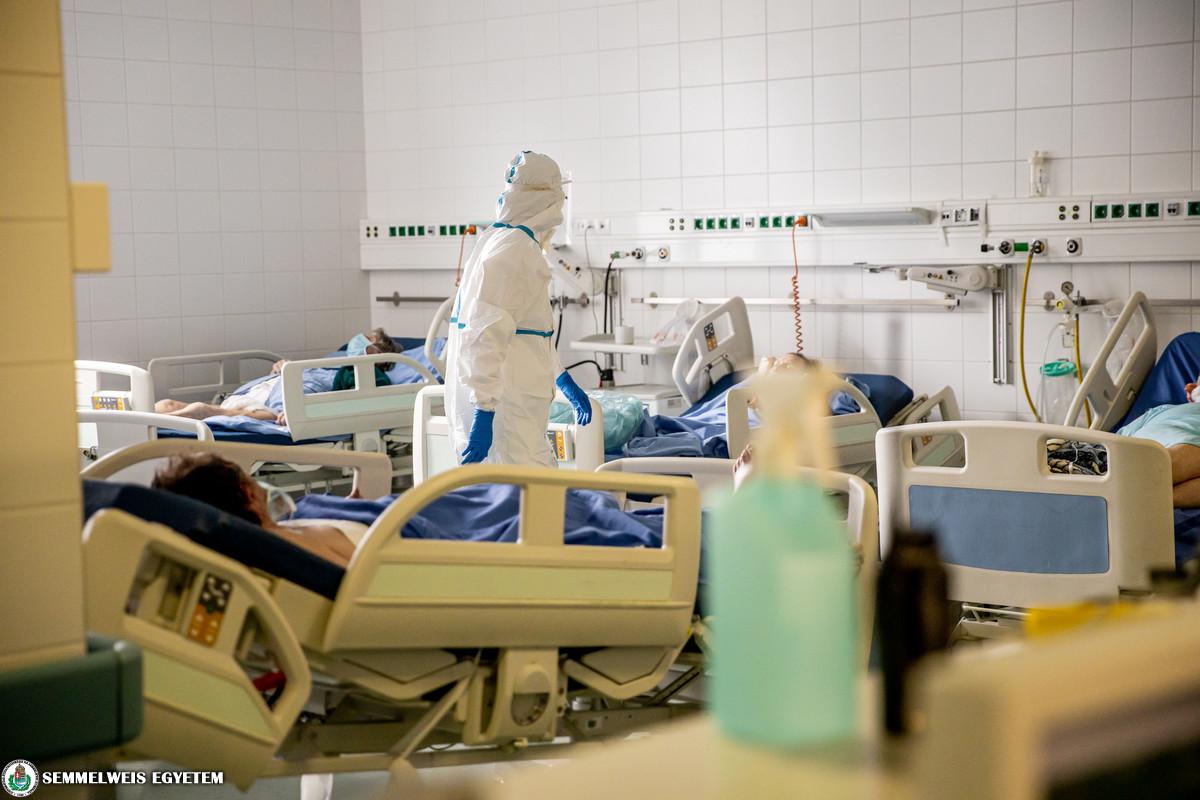First Covid-19 patient treated with Hungarian-made remdesivir leaves hospital

A 75 year old woman, the first Covid-19 patient treated with remdesivir produced in Hungary, has been released from hospital, the Budapest Semmelweis University announced on Monday.
The diabetic patient admitted to hospital with serious pneumonia on October 14 immediately received a combined therapy including remdesivir, the university said, adding that the therapy had significantly improved her condition. The patient is now convalescing in her home, the university added.
According to the university,
19 patients have so far received remdesivir produced by Hungarian pharma company Richter Gedeon.
Remdesivir, a virus inhibitor, is given to Covid-19 patients hospitalised with a serious condition.
Clinical testing of Richter’s remdesivir in Hungary started in mid-October, with all four medical universities of the country participating. The drug was approved by the US Food and Drug Administration on October 22.
As we said, the human resources minister has ordered the expansion of the number of hospitals treating coronavirus patients, the ministry said on Sunday. Details HERE. Like the rest of Europe, Hungary, too, is seeing a steep rise in its number of coronavirus cases.
LATEST NUMBERS – Coronavirus in Hungary: The death toll rose to 1,472
Source: MTI


Although Remdesivir was licenced by the FDA, it was noted that most if the results coming through so far from clinical trials (which are ongoing) show that the drug was found by the WHO to have little or no impact on survival. It may (the jury is still out on this) ever so slightly shorten a hospital stay. In other words, it’s an expensive drug that doesn’t do much for Covid sufferers.